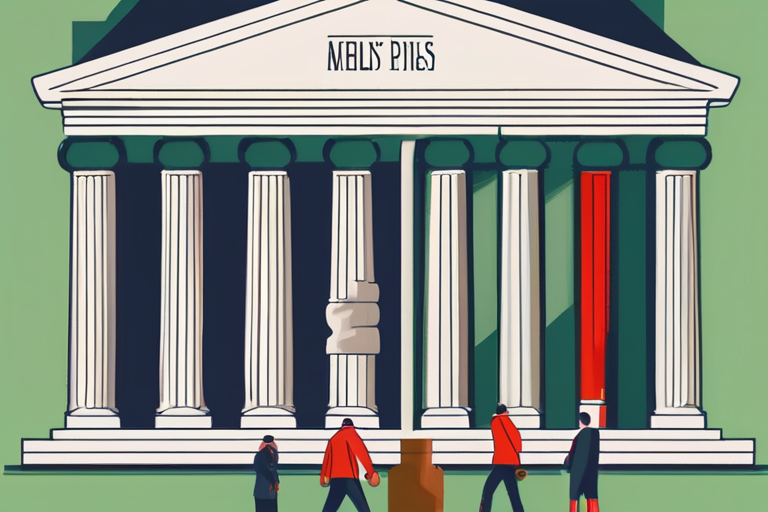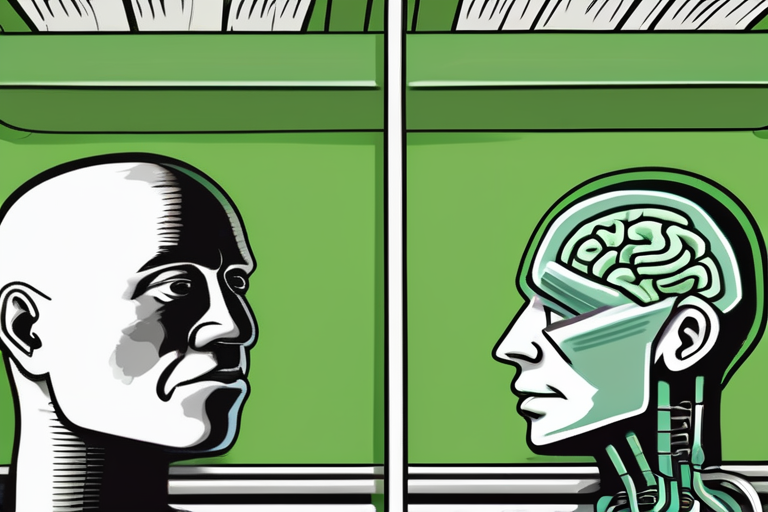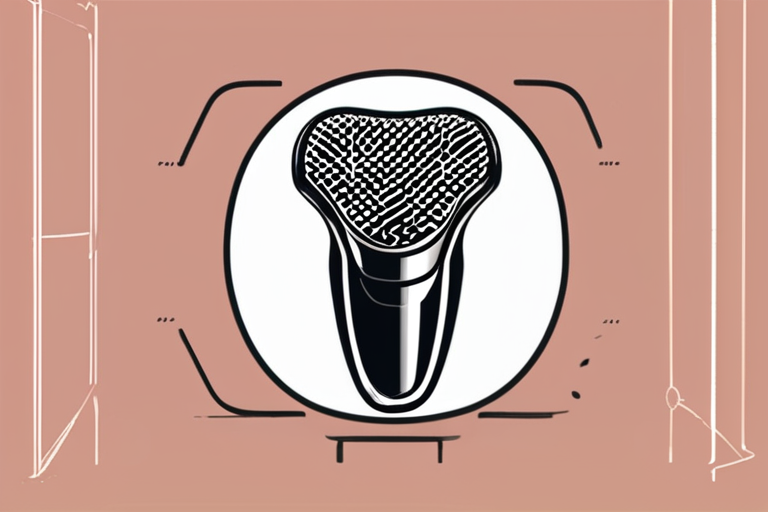The Supreme Court fights over whether medical expertise actually exists


Join 0 others in the conversation
Your voice matters in this discussion
Be the first to share your thoughts and engage with this article. Your perspective matters!
Discover articles from our community

 Hoppi
Hoppi

 Hoppi
Hoppi

 Hoppi
Hoppi

 Hoppi
Hoppi

 Hoppi
Hoppi

 Hoppi
Hoppi

Putin Embarks on China Visit with Ukraine War Top of Agenda BEIJING, China - Vladimir Putin, the Russian president, embarked …

Hoppi

Passage Through Milky Way's Spiral Arms Altered Earth's Surface A recent study published in Nature suggests that the Earth's journey …

Hoppi

Stablecoin Adoption Set to Surge, Hit $4T in Cross-Border Volume: EY Survey A landmark survey by EY-Parthenon has revealed that …

Hoppi

Deportation Saga: Green Card Holder with Brain Tumor Faces Uncertain Future CHICAGO - Paramjit Singh, a 65-year-old green card holder …

Hoppi

AI-Powered Beard Shaver Revolutionizes Grooming with Personalized Feedback In a groundbreaking innovation, Philips Norelco has released the i9000 Prestige Ultra …

Hoppi

Jamaican Pop Star Shenseea Partners with Glasses USA to Launch Summer-Ready Sunglasses Collection In a bold move to elevate summer …

Hoppi